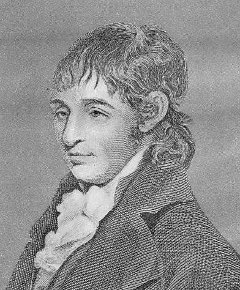
English scholar Richard Porson (1759-1808) may have had the most prodigious memory of the 18th century. “He knew almost the whole of Homer, Horace, Cicero, Virgil and Livy,” recounts Henry H. Fuller in The Art of Memory (1898). “He could repeat whole plays from Shakespeare and complete books from Paradise Lost, scenes from Foote, and scores of pages from Gibbon’s Decline and Fall, or Rapin’s works. He knew by heart the whole of Mortal Tale of the Dean of Badajos, and Edgeworth’s Essays on Irish Bulls, and could repeat from beginning to end Smollett’s Roderick Random and other noted English novels. He could recite a newspaper page after one reading, and said that he would undertake to repeat the entire contents of a week’s issues of the London Morning Chronicle.”
Eliezer Cogan recalls that one day Porson called on a friend who asked him the meaning of a word in Thucydides. Without looking at the book, Porson repeated the passage. His friend asked how he knew which passage he’d been reading. “Because,” Porson replied, “the word occurs only twice in Thucydides, once on the right-hand page in the edition which are using, and once on the left. I observed on which side you looked, and accordingly knew to which passage you referred.”
